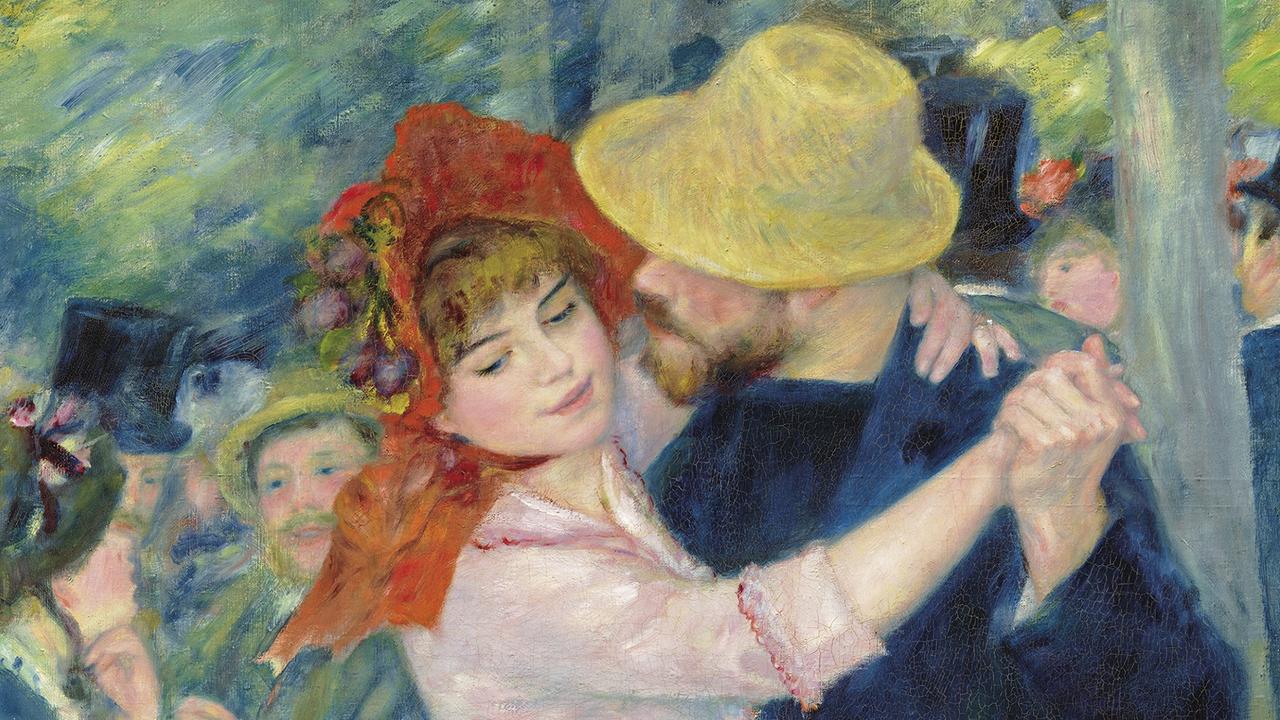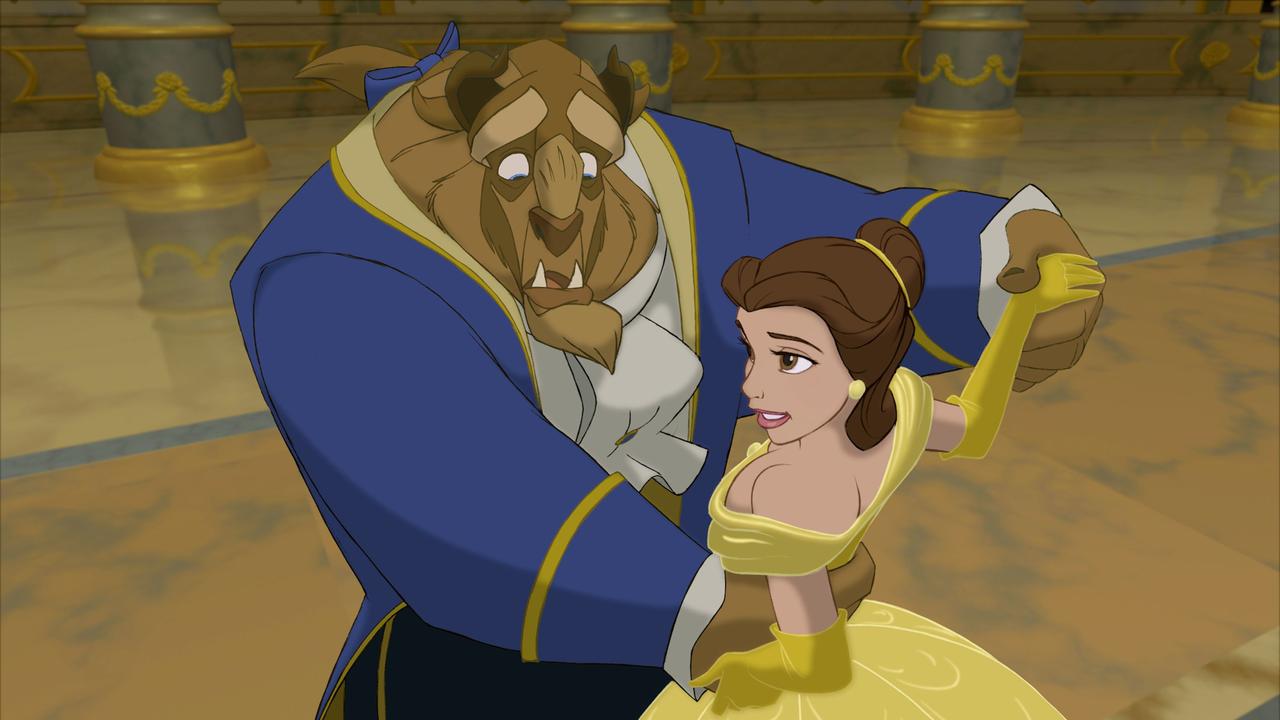Children’s TV is bigger business than ever and changing the lives of parents
CHILDREN’S TV shows are watched more often by toddlers via digital platforms and apps and the resultant wail for merchandise is deafening.
Entertainment
Don't miss out on the headlines from Entertainment. Followed categories will be added to My News.
JIMMY Giggle, Hoot and Hootabelle and the Play School toys have become synonymous with children’s television in this country — you might say they’re helping raise an entire generation of Aussie kids.
In 2015 more than 10 million little fingers clicked ‘play’ to watch Play School on ABC’s digital viewing platform, iview. The program’s two apps had over 90 million sessions and 550 million screen views — staggering statistics by anyone’s standards.
In terms of reach and influence, the ABC’s preschool channel, ABC 4 Kids, has unparalleled dominance. But how did it get that way?
It’s a good question.
“It’s amazing really,” says ABC’s Executive Producer of Children’s Television, Jan Stradling, who is responsible for creating two of the network’s biggest hits, Giggle and Hootand the Playschool toys’ Big Adventure series.
“In 2015, for example, Adventure had over three million online views. Maurice’s Big Adventure, our latest [which premiered the week before our chat], has already got a 62.5 per cent share of nought-to fives, which is incredible in its premiere week — it was our top show.”
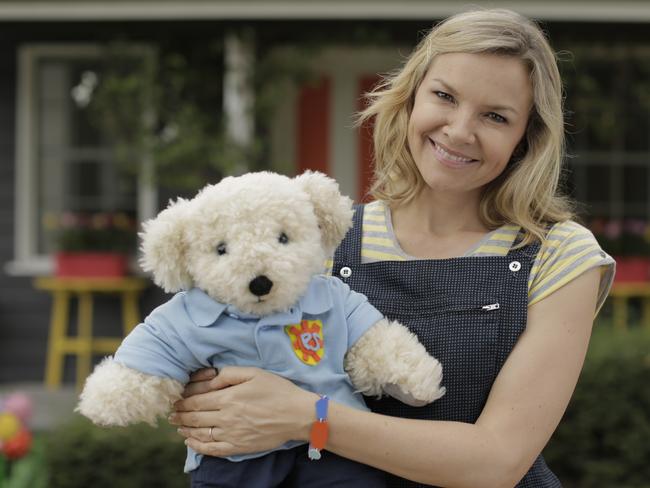
According to released figures, online viewing of ABC kids’ content has tripled since the launch of their dedicated iview app in March 2015. The ABC Kids Play app, which launched in July 2015, now averages an astounding six million game play views per month.
That’s an awful lot of screen time — and an extraordinary opportunity.
“Initially I was brought on-board to devise a ‘hosted block’, which are those little bits between shows,” Stradling explains.
“But what happened was, [Giggle and Hoot] grew way beyond that. It just took off and within a couple of months we knew we had a massive hit on our hands.
“It was my first experience with preschool parents. The switch[board] was soon swamped with them, saying, ‘Where’s the merchandise?’
“We didn’t have any. It was like, ‘Oh wow. They’re asking for it.’ It wasn’t us going the other way around at all.”
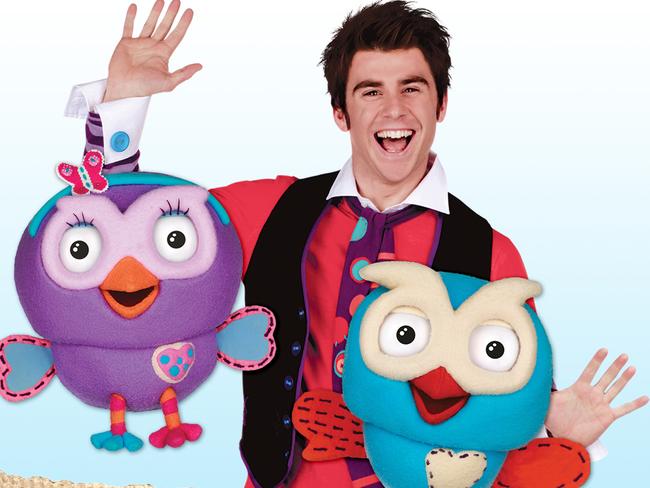
But as Stradling quickly discovered: if you make it, they will buy — something eOne, the global television production and distribution company responsible for ubiquitous children’s hits, Peppa Pig, and Ben and Holly’s Little Kingdom, have known from the get-go.
Both these shows are regularly in the top 50 here in Australia. Peppa Pig, a UK production which screens both in the evening, and at around 7.55am each morning is within shouting distance of Sunrise’s ratings, trailing by just 60,000 viewers.
That’s a whole lot of little eyes. But what does it mean for ABC — and for the kid’s growing up watching?
Ask any parent and they’ll tell you — stuff. Plastic stuff, soft toy stuff, stationary stuff — a house full of stuff, all branded with the characters their kids are watching every day, and feel they know intimately.
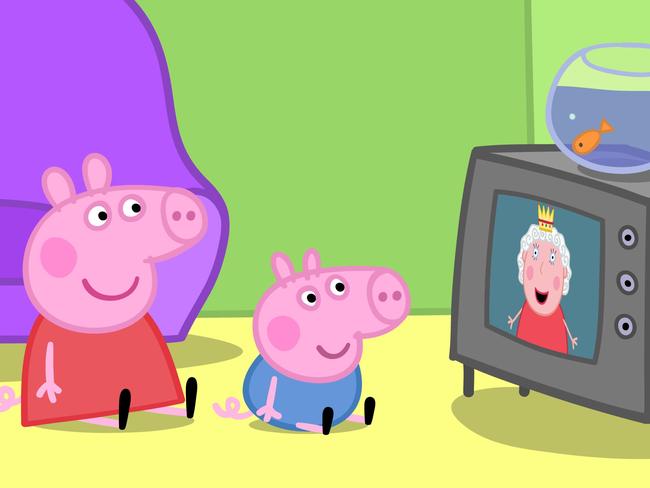
Both Peppa and Ben and Holly have a plethora of spin-off toys, games and clothing. And, as Olivier Dumont, eOne’s Managing Director explains, this is no accident.
“[Merchandising] is definitely important to us,” he tells us over the phone from his base in the UK. “We find that when kids really love something, them, and their parents, really want to extend the experience from the screen.
“They want to be those characters. So it’s an important part of our preschool [program development], that we extend that experience with books; with apparel; with toys, and extend their relationship with it. To make it ‘theirs’ as a result of that.
“That is something we definitely consider.”
One of the company’s latest projects is an animated series for children called PJ Masks, screening in Australia on the Disney Junior channel. It was developed from a French children’s book, but they always had an international audience in mind.
“Given the cost [of developing animated series for children] it’s an obligation that it works internationally,” Dumont explains. “At heart we are a brand management company, and we really want to ensure the properties we develop and take on have a wide appeal.
“Something that has global appeal tends to work absolutely everywhere. In the case of Peppa Pig and Ben and Holly, we sold the series absolutely everywhere around the world (except the Middle East, for cultural reasons).”
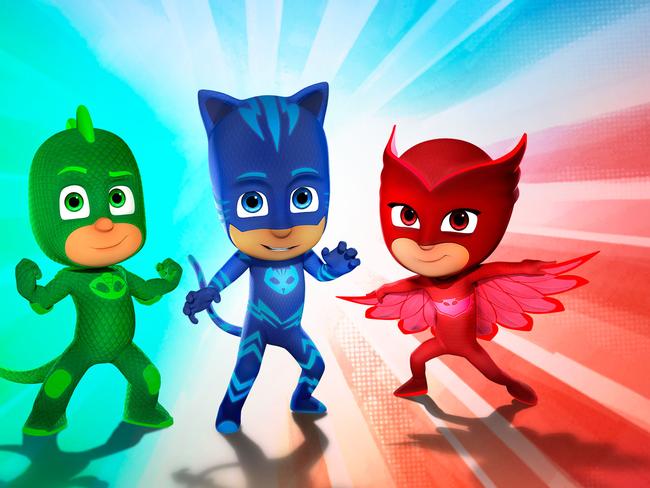
Needless to say, they keep a close eye on where it all ends up.
“Absolutely,” Dumont insists. “In all ways we are very protective of the types of products and types of licensees that take on the rights — in terms of the quality of the products they develop, and obviously the categories they are allowed to develop in.
“Every step of this is approved by our team.”
Although on a much smaller scale, the ABC are equally protective of their young audience — and their content. Although they are closing stores nationally, historically, ABC Shops have been a great way to extend their brands beyond the screen. Merchandise sold through these stores has helped establish their dominance in the children’s TV market, and pulled in much-needed cash (at its peak, before DVD and CD sales crashed and burnt, ABC Shops reeled in $19 million in 2005-6.)
With commercial networks subject to a plethora of regulations about who can advertise to children, and the types of content that can be screened, the ABC charged ahead.
“The commercial networks, through regulation, were really forced to abandon this market,” Steve Allen, Chief Executive of Fusion Strategy, explains. “It was no longer a market they could really program because there were all kinds of regulations to do with what advertising could appear in children’s content.
“On the other side of the equation, in program creation, there are all kinds of regulations to do with what kinds of programs are suitable for children. This added to the cost and complexity of producing content for kids.”
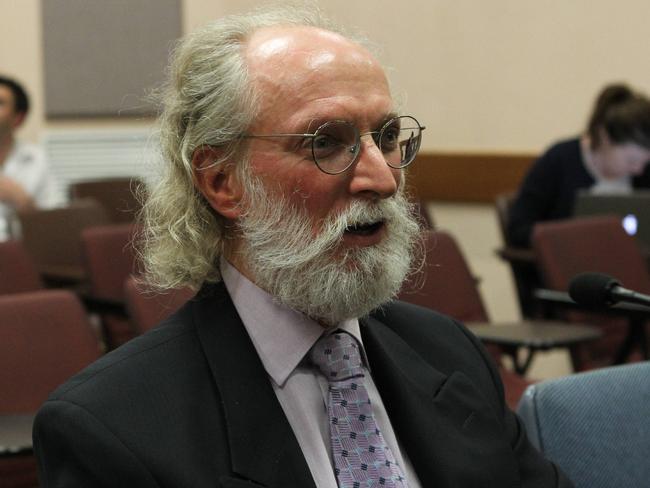
While they might not have a global market in mind for their own homegrown content, the ABC have had an eye on the changing landscape, and have driven the digital side of the business, developing their brands further through digital apps and games.
It must be frustrating for the commercial networks to see this happening, especially as pay TV is not subject to the kinds of restrictions they are (it’s no coincidence that a series like PJ Masks has found its home on Foxtel.)
“The commercial television industry is pretty annoyed with the lot they’ve got,” Allen explains. “It’s a case of ‘everyone else can do it; the ABC can do it, pay TV can do it, but we can’t!’”
As a result, The ABC has been able to lead the way in developing their content.
“I would say that if you really looked at the regulations and the controls, the ABC aren’t totally beyond commercialising their properties,” Allen says. “As they close down the ABC shops it will be a conflict, but, in my view ... the ABC, while they are very wholesome, their commercial operations have gone very close to the very thing that has been regulated in this area — merchandising and selling merchandise to children.
“But in fairness, be it right or wrong, before television, kids had comics; they had radio shows. Kids love it, whether parents like it or not.”
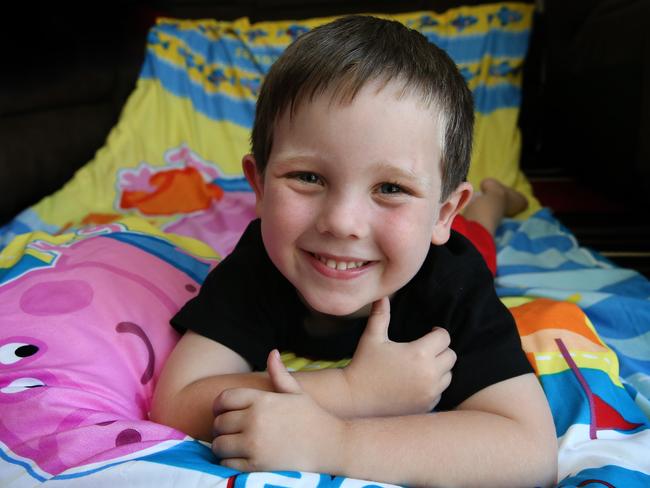
Jan Stradling is careful to point out that the ABC is incredibly protective of all content — and how they interact with their audience.
“We are really respectful. And we really care about the kids,” Stradling explains.
“We are really careful about how we speak to them.
“I’m always reading about how we ‘don’t talk down to kids.’ But that doesn’t even occur to us! Of course we don’t! We speak to them as equals. We are there to entertain them, and we understand them.”
Much of the ABC 4 Kids team has been working for the National Broadcaster for years.
“We have an experienced team,” Stradling concedes. “A lot of people have worked here for a very long time. One of the Outliners (early childhood experts who act as consultants) on Play School has worked with us for something like 22 years!”
But that doesn’t mean they’re stuck in the past. Technology is also embraced within their local programming.
“Play School definitely reflects the changing times,” Stradling insists. “The themes we discuss may well remain the same — like, I’m sure we did ‘Transport’ 30 years ago, and we will do it next week — but we definitely reflect the changing times around us.
“It naturally starts to happen; technology starts to creep in. So we’ll have a cardboard computer, or a cardboard ipad or phone.”
Shows like Play School have always held a mirror to the society they’re portraying. Kids are seeing themselves, and their families — and they love that.
“If you look at one of the very first episodes of the show (celebrating its 50th anniversary this year), it was in the midst of the Space Race, so there is Little Ted, going to the moon. And we had the rocket clock,” she explains.
There was also another episode that saw one of the presenters playing ‘Mother’. “We had a song about the woman doing the ironing. You’ve got to say that’s not something we wouldn’t do now!” Stradling laughs.
Reflecting racial diversity and gender equality is also important.
“I wouldn’t say it’s a given, but I would also say you have to specifically be on the lookout for it, and you have to make it your agenda. You have to work in those areas,” she explains.
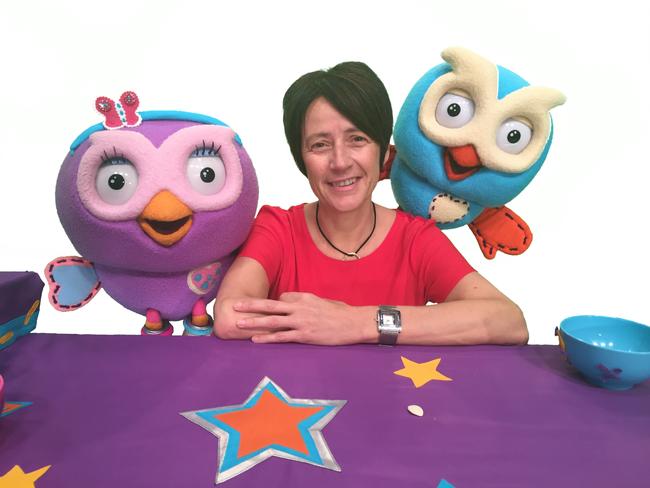
As a result of this, Play School often finds itself an unwitting news story. Just a few months ago they made headlines again when it was announced they were casting two gay dads to appear in an episode with their child.
Did the attention catch her off guard?
“Did it surprise me? No, it didn’t really,” Stradling admits. “But I feel that it’s essential for us to do. I feel that every preschooler, from every background, should feel that at some time they can see themselves reflected back on screen.
“It’s good for them to see their place in the world.”
And this is perhaps the power of ABC 4 Kids — that it can help forge an identity for Australian youngsters. One that’s not influenced by overseas marketing trends and Disney-driven dollar signs.
“What I love about Play School is that it is so diverse,” says Miranda Tapsell, the show’s newest presenter. “People in all walks of life, and from different backgrounds, are on the show. And I think it’s nice for little people to see different faces and make that connection with them.”
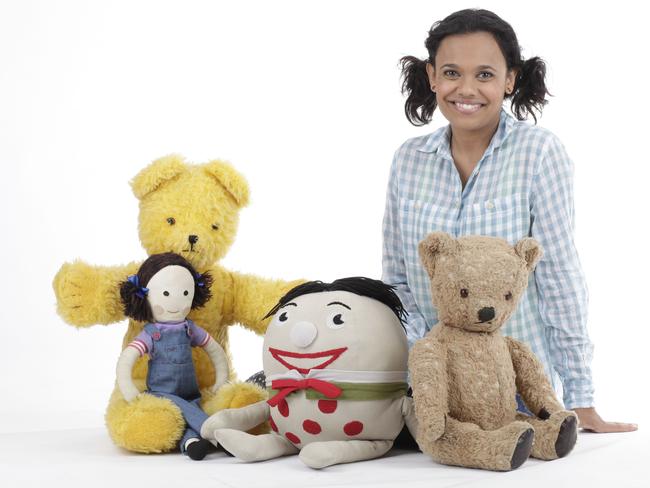
This is something the ABC does well — particularly with their locally-produced content. Unlike Disney Channel on Foxtel, whose three highest-rating shows are The Lion Guard, a series based on Disney’s The Lion King, Doc McStuffins and Sophia the First (all American productions) after Peppa Pig (which is still the network’s most popular show and remains enormously popular worldwide), ABC 4 Kids’ second and third-highest-rating series last year were locally-produced shows, The Legend of Pirate Hootbeard and Play School.
Rather than sit back and wait for the next big international format to come their way, they are actively developing new local content, scheduling between 27-28 hours of it each month. Currently in development are 26 five-minute episodes of a Giggle and Hoot spin-off, titled Hoot Hoot Go. Play School continues to film 45 new episodes every year, and there are some stand-alone specials in development for the show’s 50th celebrations midyear.
The network has a self imposed local content quota of 25 per cent, and it’s something they take very seriously. But it’s just not something that’s viable for the commercial networks — or even pay TV.
So what does this mean? Well, for a start, that Little Ted and his well-hugged compatriots are not sitting-out their twilight years on a shelf at Play School. Instead they’re out on the road, enchanting preschoolers with their Adventures series; at the zoo, at school, and around the country in their own shows.
“Basically we realised, ‘What an amazing thing we’ve got with the toys and their popularity,” Stradling explains. “So we thought, ‘Right, we’ll stick with the formula we’ve got with Play School, but how can we take the toys out and use them as this spring board?
“We thought we’d take them out on adventures. And it’s helped revitalise Play School as a bigger brand.”
Parents and children can’t get enough.
So could it be overstating things to say this children’s channel, and its much-loved characters, might be helping forge an identity for a whole generation of Australian kids?
“I think there might just be something there,” Stradling says. “There might be an identity you don’t know you’ve got along the way, but when you become an adult, you are full of nostalgia.
“And you could say that Play School defined a childhood [for us].
“Will it define a childhood for today’s generation? They have got so much TV around them, I don’t know. It will be interesting to see.
“But I think there is a lot to be said for seeing Australian voice and Australian faces on screen.”
EMAIL:clare.rigden@news.com.au
TWITTER:@iamclare


